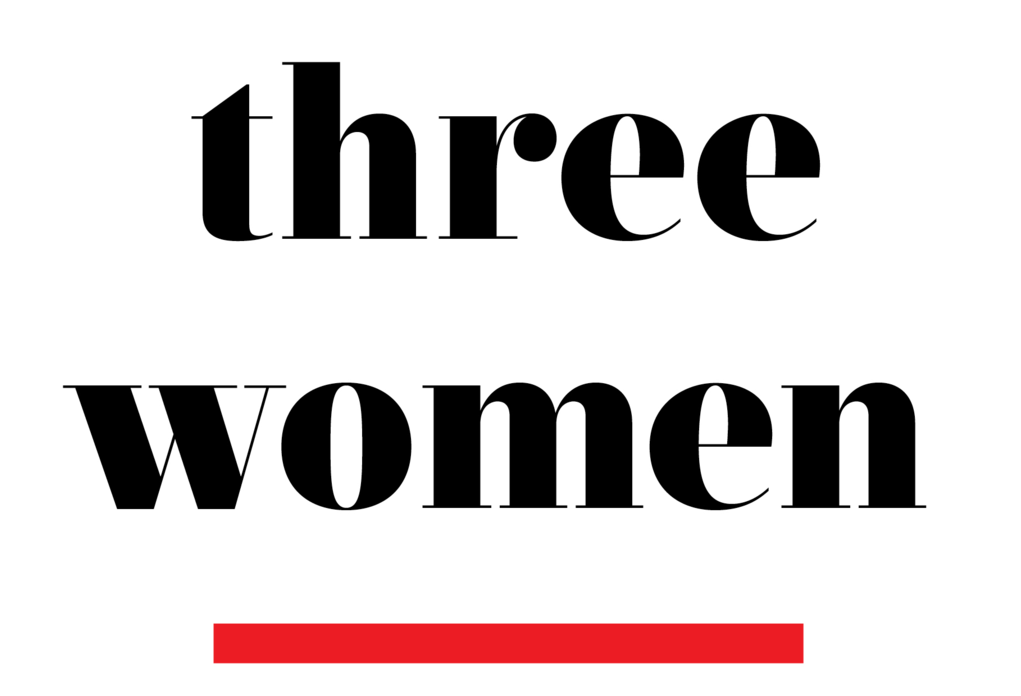Roar writer Allegra Campbell Boreham reviews “Three Women” by Lisa Taddeo.
I close over the back cover of “Three Women” and hold it in my hands. I want to open it again, to open up the stories I have just read and understand. Why do they feel unfinished?
In the prologue of “Three Women”, Taddeo confesses that she began her exploration of the nature of relationships and sexuality by interviewing men. She recalls that these interviews began to “bleed together”, united somewhat by a common thread. Each story seems to follow a similar arc. Passion and desire build intensely towards a defining, actionable moment – like a relationship being consummated or an affair being had. After this point, “the stories ended in the stammering pulses of orgasm”. The passion and desire discolour into something faded and forgotten. Taddeo then turned to interview women. She found that the female sexual experience did not have a common linear path along which passion builds and ultimately crumbles. It was intricate and unpredictable; “it resembled pedalling a bicycle backward”.
In order to voice this female experience authentically, “Three Women” rejects the traditional narrative structure that has a clear beginning, middle and end. The novel jumps between different tenses and periods in each woman’s life. Taddeo whirls together the stories of the three women like candyfloss. We can taste Maggie, Lina and Sloane through the lyricism and vulnerability with which they are depicted. Yet, as the novel draws to a close, we remember that these women’s lives are real and not constructed by Taddeo to attempt to portray some sort of universal female experience. We realise that we cannot be given the endings that we crave.
We naturally expect a story to have a beginning, middle and end. The climax of a story must be centred around a falling in love, a loss of virginity, a traumatic sexual abuse or assault. “Three Women” does not fit this structure. The novel begins with Maggie’s trial – we enter her story after the relationship between her and her teacher has taken place. Lina’s story begins with a brief mention of her sexual trauma, from which it then departs rather than concludes. We meet Sloane already aware of her secret: that she has sex with other men in front of her husband. This novel explores female sexuality by placing the women at the centre, rather than their sexual or violent experiences.
This reframing is radical. It goes against the rhetoric that women are passive, existing only to be objectified and sexualised. It does not disregard the violence and abuses inflicted on women within their sexual lives, but it does not centralise these experiences as being the defining aspect of a woman’s sexuality.
Looking over at the book on my desk now, I see the opening image of Taddeo’s mother walking to work with a man masturbating behind her. Taddeo questions why her mother never said or did anything to stop him. She wonders whether this was out of fear, or out of pity. Whatever the reason behind Taddeo’s mother’s inaction may be, in not acknowledging this man, she turned the premise of “Three Women” into reality: that the female experience exists outside of the actions of men. In refusing to acknowledge these violating acts, she refuses to let the man be a part of her sexual experience.
As I reread this passage, I feel frustrated and dissatisfied. I don’t understand why she didn’t ask this man to leave her alone or report him. But perhaps, the discomfort I feel as a reader is working on another level– it is also the feeling of discomfort with taking the female sexual experience away from the frameworks that we are used to, the ones that put the actions of men at the centre of it.
Lisa Taddeo’s “Three Women” is a novel that lingers. There is an all-consuming sense that the lives of these women go on, while the book must come to an end. This knowledge brings with it a sense of unease – we want to know what happens to these characters, as well as the people in their lives. This unease we are left with, one that can be recognised as a sense of incompletion, is, in fact, a tribute to the intricate handling of the female sexual experience. It is not something that can be neatly contained into 386 pages. Yet, Taddeo’s book is the closest to that we can get.
“Three Women” is available from all major book retailers.
















